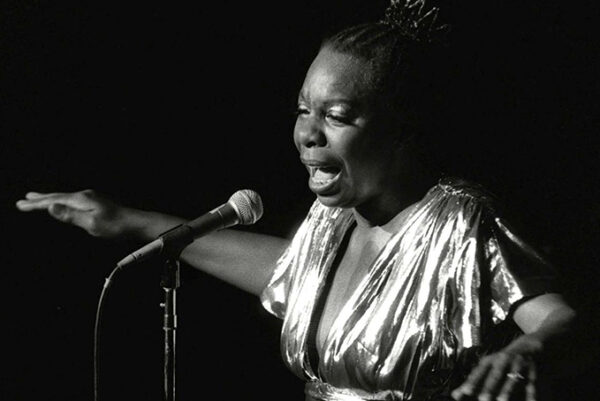on
-
FEBRUARY 21
1933—Song stylist and activist Nina Simone is born Eunice Waymon in Tryon, N.C. She was a child prodigy who was playing the piano by age 4. She had numerous songs to her credit, but one of the most memorable was “Mississippi Goddam” which was composed as a protest against the terrorist bombing of a Black church in Birmingham, Ala., which resulted in the deaths of four little Black girls. Simone, often referred to as the High Priestess of Soul, died in France on April 21, 2003.
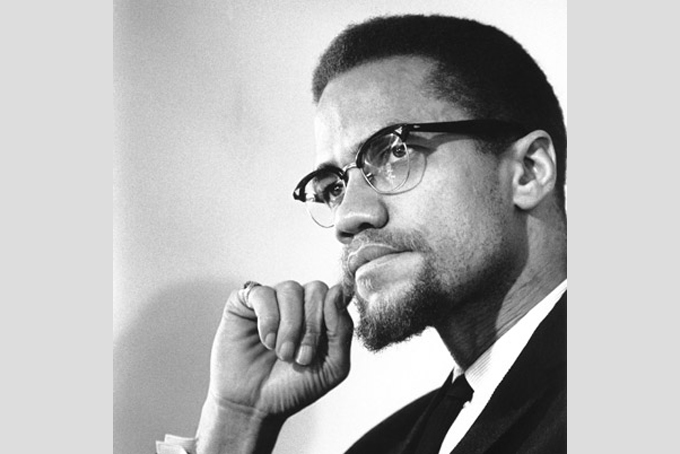
1965—The most prominent Black nationalist of the 20th century, Malcolm X, is assassinated on this day in Harlem, N.Y.’s Audubon Ballroom while giving a speech which was to issue a call for Black unity. Born Malcolm Little in Omaha, Neb., on May 19, 1925, he graduated at the top of his high school class but had his dream of becoming a lawyer crushed when a teacher told him that was “not realistic for a Nigger.” He gradually drifted into the underworlds of first Boston and then New York where he became a drug dealer and gangster known as “Detroit Red.” He was friends with comedian and upcoming star Redd Foxx who at the time was known as “Chicago Red.” Malcolm was arrested and jailed for robbery at age 20. While in prison he converted to the Nation of Islam and after his release in 1952, he became the leading force building the group into a major national organization. He was a brilliant orator and organizer as well as a fierce opponent of racism, imperialism and the non-violent approach to combating the nation’s evils. But disagreements with Nation of Islam founder Elijah Muhammad led to a split. He then formed the Organization for Afro-American Unity. However, 11 months after his split with the Nation of Islam he was assassinated. Many in the Black community felt the New York City police and the FBI played a role in his death. But three man associated with the Nation of Islam were tried and convicted of his murder.
-
FEBRUARY 22

1950—Basketball legend Julius “Dr. J” Erving is born in Roosevelt, N.Y. He was the most dominant NBA player of his era. The former Philadelphia 76’er was 6’7”, 210 pounds.
-
FEBRUARY 23
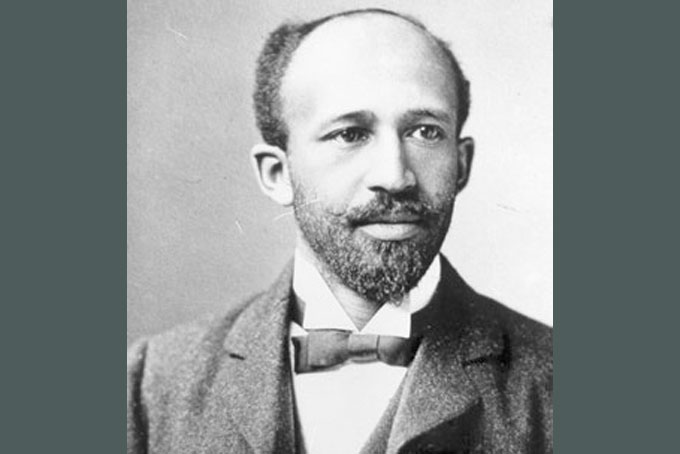
1868—Dr. W.E.B. DuBois is born William Edward Burghardt DuBois in Great Barrington, Mass. DuBois can easily qualify as Black America’s leading scholar and intellectual of the late 1800s and early 1900s. He was also an educator and social activist fighting tirelessly against racial injustice and U.S. imperialism. He started the NAACP’s influential “Crisis” magazine. He organized what many consider the First Pan African Congress. (Actually, it was the second. The first took place in 1900.) However, in his later years DuBois became increasingly frustrated with American racism, injustice and hypocritical brand of democracy. He turned to socialism around 1927 and despaired of the NAACP’s legalistic approach to obtaining rights for Blacks. He nevertheless authored several influential books including “The Souls of Black Folks.” He coined the phrase ‘talented tenth” to describe what he believed would have to be a class of educated and skilled Blacks who would have to lead the race out of its oppression. DuBois finally went into self-imposed exile in the West African nation of Ghana saying, “In my own country for nearly a century I have been nothing but a Nigger.” He died in Ghana’s capital, Accra, on Aug. 27, 1963. He was 95.
-
FEBRUARY 24
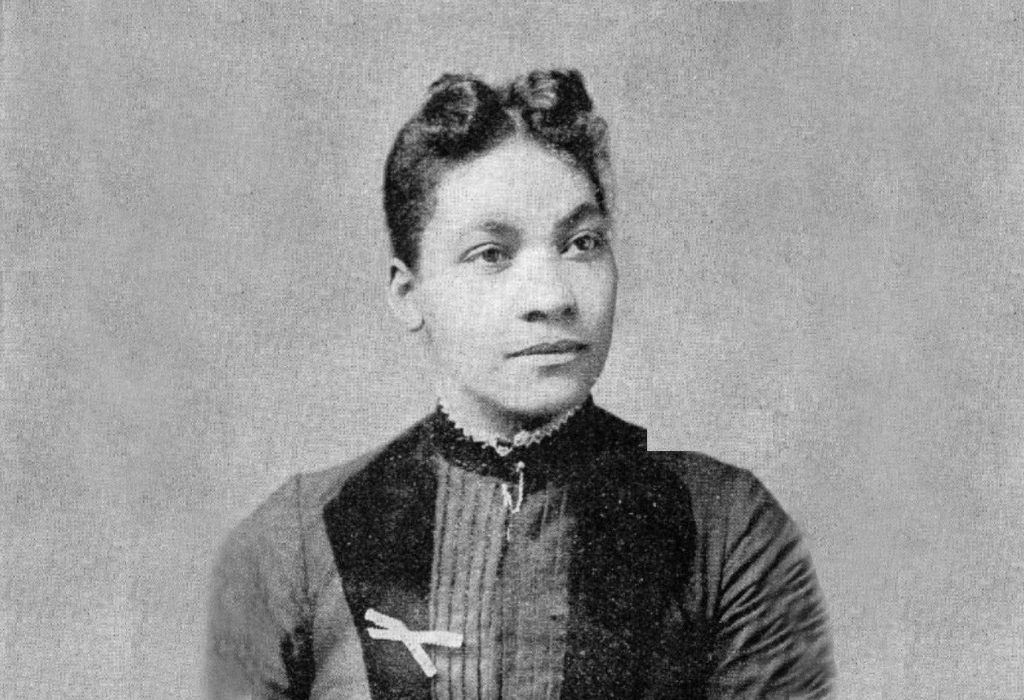
1864—Rebecca Lee Crumbler becomes the first African American woman to receive a medical degree. Born in 1833, she graduated from the New England Female Medical College. Prior to becoming a doctor, she had worked as a nurse in Massachusetts for more than six years.
1868—The U.S. House of Representatives voted 126 to 47 to impeach President Andrew Johnson. Johnson had run afoul of a group of pro-Black legislators known as the Radical Republicans because of his opposition to full citizenship rights for former slaves. He survived being ousted as president by one vote in the U.S. Senate. As far as historical speculation goes, it would have been much better for Black rights and the course of Black history if Johnson had been ousted. His opposition to full rights, including voting rights, for Blacks helped lay the foundation for the un-doing of Reconstruction and the many gains Blacks had made during that period.
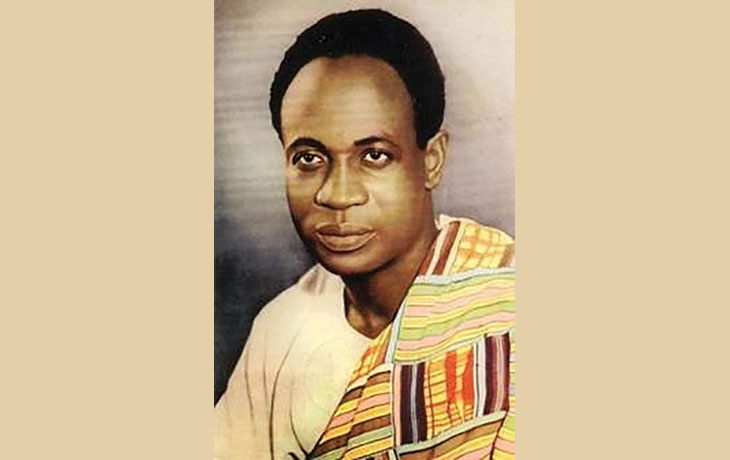
1966—Kwame Nkrumah is ousted in a military coup as president of the West African nation of Ghana. This was another event which changed the course of Black history for the worse. Nkrumah, educated at the predominantly Black Lincoln University in Pennsylvania, had been a major intellectual and pragmatic force for Pan-Africanism and worldwide Black unity. From the time he became the first president of Ghana in March 1957, he had worked tirelessly for international Black advance and world peace. His ouster left a void which after 40 years has not been filled by any other African leader. Nkrumah died in 1972.
- FEBRUARY 25
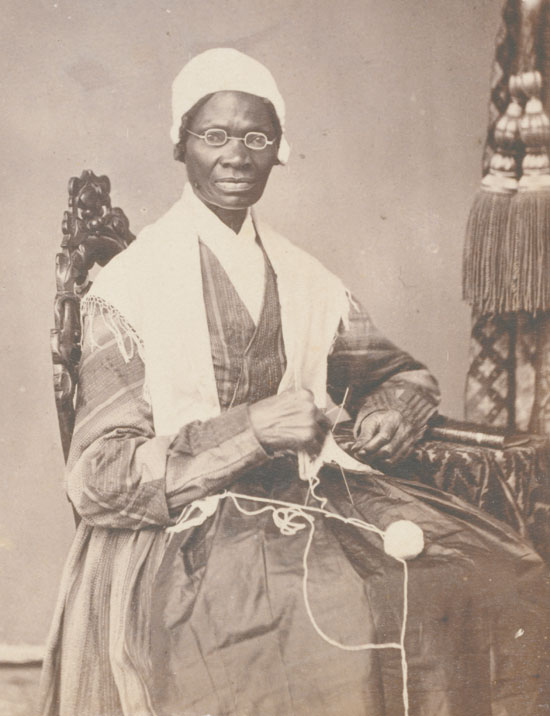
1851—The first Black Women’s Rights Convention is held in Akron, Ohio. The keynote speaker was anti-slavery activist Sojourner Truth.
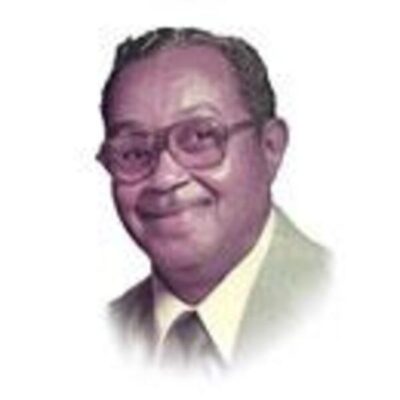
1923—Douglas W. Anderson Sr. is born. He is the first African American to become a member of the International Brotherhood of Electrical Workers (IBEW) Local #5. Douglass lived most of his life in the Hill District of Pittsburgh, Pa. and served in the U.S. Navy during World War II. He became a member of the electrical union on June 3, 1968. Because of his electrical experience in the Navy, he started as a journeyman and not an apprentice. Douglas was a member until his passing on September 13, 2017. Shortly after his passing the city council of Pittsburgh proclaimed October 3, 2017 ” Douglas W. Anderson Day.”
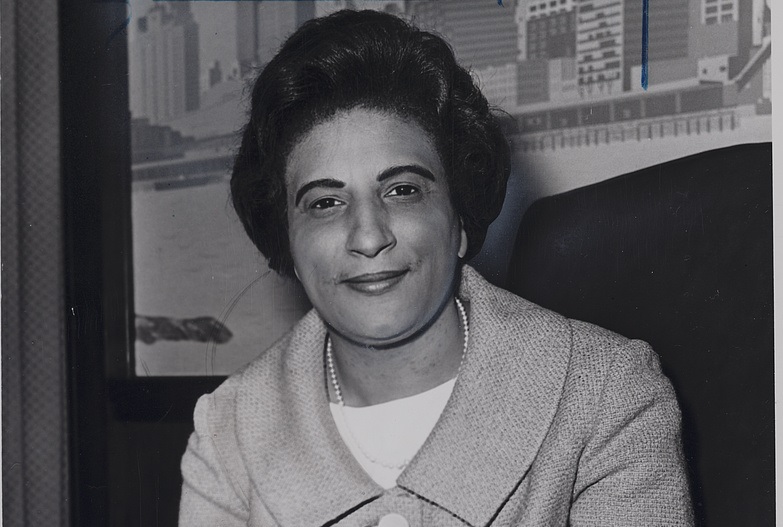
1966—Constance Baker Motley becomes the first African American woman appointed to a federal judgeship. She takes the bench in the Southern District of New York. Motley was a major civil rights hero helping win several important cases during the 1950s and ‘60s. Among the cases was the landmark Brown v. Board of Education case, which desegregated the nation’s schools. She worked for the NAACP Legal Defense and Education Fund and helped Dr. Martin Luther King Jr. in several of his legal battles. Born in 1921 in New Haven, Conn., Motley died in 2006.
1980—Black Entertainment Television, the first Black owned company listed on the New York Stock Exchange, begins broadcasting from its headquarters in Washington, D.C. While still Black programmed, it is owned by Paramount Global through CBS Entertainment Group. As of February 2015, approximately 88,255,000 American households received the channel.
-
FEBRUARY 26
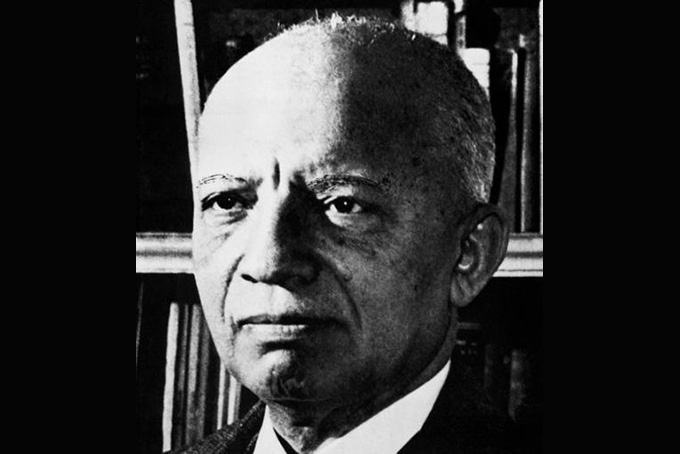
1920—Dr. Carter G. Woodson (1875-1950) founds the first nationally organized celebration of Black American history (then called Negro History Week), which was first celebrated on this day in 1926. Woodson scheduled the week to coincide with the birthdays of Civil War President Abraham Lincoln and Black abolitionist Frederick Douglass. However, in 1976, Negro History Week was expanded into the current day Black History Month. For his efforts in promoting knowledge of Black historical achievements Woodson became known as the “Father of Black History.” In explaining the need for the celebration, Woodson once said, “Those who have no record of what their forebears have accomplished lose the inspiration which comes from the teaching of biography and history.”

1964—Heavyweight boxing champion Cassius Clay changes his name to Muhammad Ali after rejecting Christianity and joining the Elijah Muhammad-led Nation of Islam.
-
FEBRUARY 27
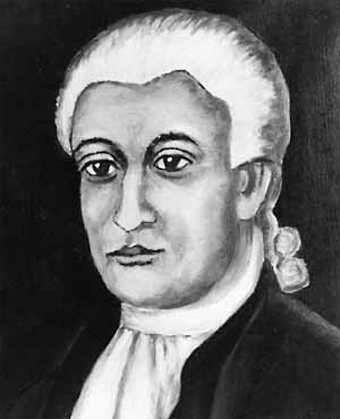
1748—This is the probable birth date of Prince Hall—the “Father of Black Masons.” Hall was a veteran of America’s war of independence from England, founder of the first African-American Masonic lodges and one of the most prominent Black leaders of his era. The charter for the first Black Masonic lodge was granted on Sept. 29, 1784. It was known as African Lodge #459 of Boston.
1869—Congress adopts the 15th Amendment to the United States Constitution making it illegal for the U.S. government or any state to “deny or abridge” the right to vote “on account of race, color or previous condition of servitude.” This was one of the so-called “Reconstruction Amendments (13th, 14th & 15th)” which essentially ended slavery, made Blacks full U.S. citizens and guaranteed the right to vote.
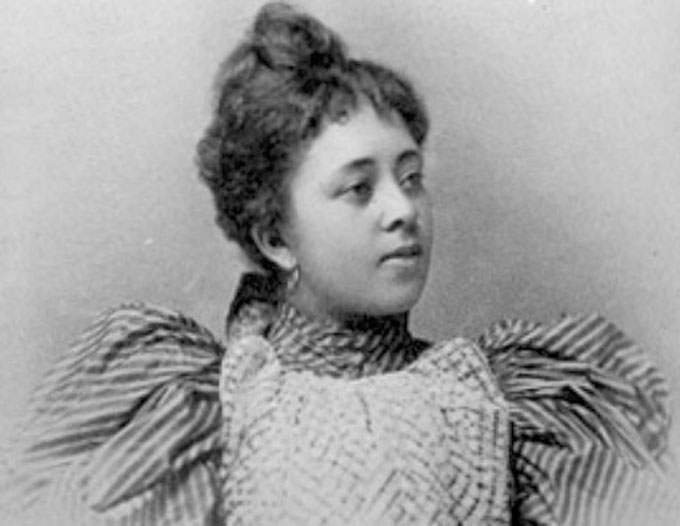
1872—Charlotte E. Ray graduates from the Howard University Law School becoming the first Black female lawyer in the United States. It also appears that she was the third female lawyer of any race. She was admitted to the Washington, D.C., bar the same year she graduated. But racism and sexism prevented her from making a living as a lawyer in the nation’s capital, so she moved to New York and got a job with the Brooklyn school system.
Join our email list to stay connected.


